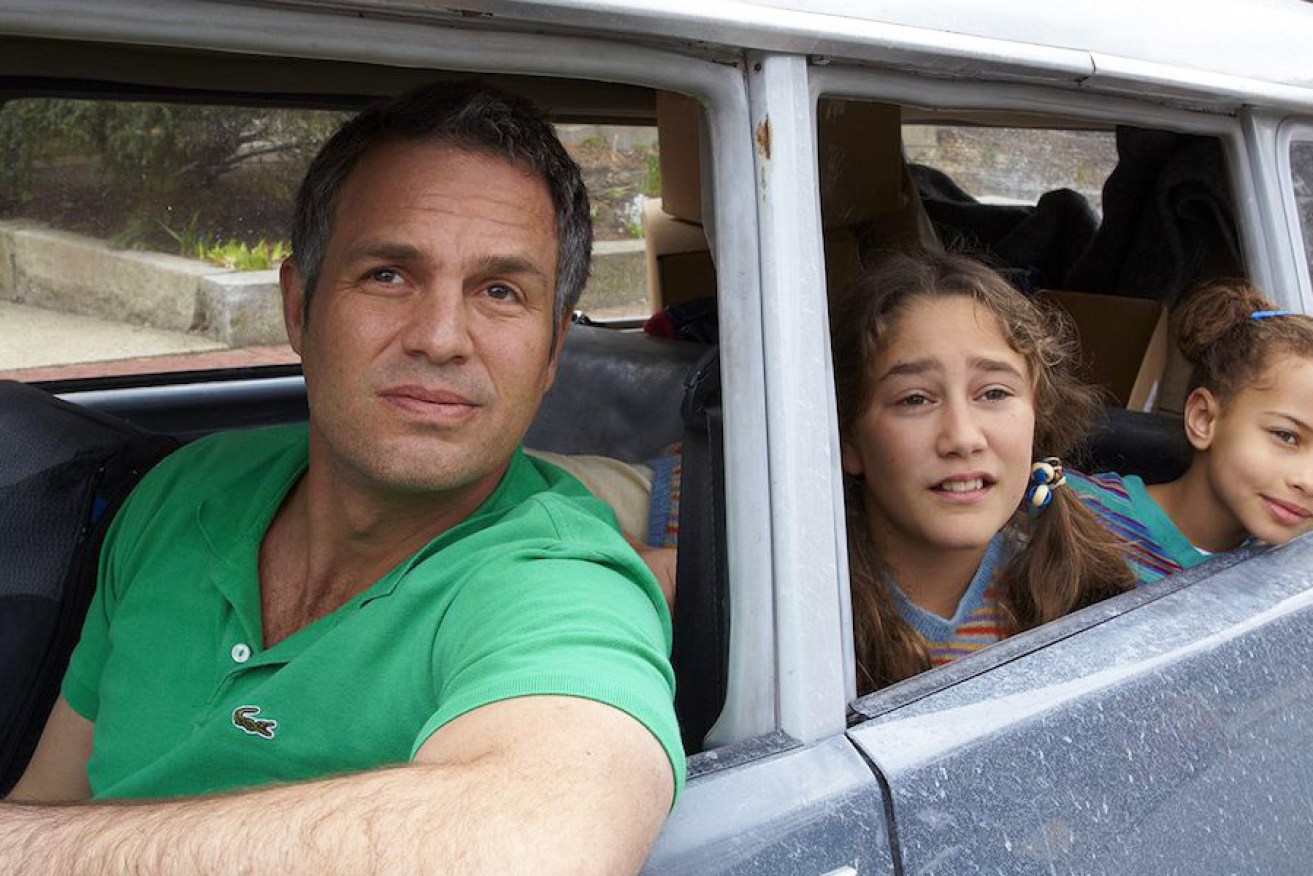Cam is still recovering from a bipolar (manic-depressive) breakdown when he agrees to care for his two young daughters full-time because their mother is moving cities to study.
Infinitely Polar Bear focuses on how the family adapts to Dad’s disorder, reflecting the growing volume of community discussion about mental illness.
It’s a brave idea all round. As an audience member, you wonder if actor Mark Ruffalo has been crazy-brave in taking on the part. Will he make us cringe, or will his portrayal be both compelling and accurate?
As The Theory of Everything and Still Alice recently reminded us, chronic diseases and disorders profoundly influence familial relationships and choices. Yet it’s not always recognised that many children act as brave carers of unwell parents or siblings, a situation which can lead to an unusual path through childhood.
Early on, I thought Infinitely Polar Bear might be told chiefly from the children’s perspective. Instead, despite noble performances from Imogene Wolodarsky and Ashley Aufderheide as the daughters, their plausibility is undermined by writer-director Maya Forbes’ efforts to drive home the point that: “Yes, Dad’s crazy, sometimes sad, and prone to bad behaviour. But it’s okay because the kids are growing up to be wise, considerate and joyful.”
It’s interesting that the film was based on Forbes’ own childhood, which may have clouded the first-time director’s vision.
Cam’s story could have been told as a tragedy, comedy or even melodrama; I expected a kitchen-skink drama in the style of Mike Leigh. Somewhat disjointedly, Forbes tries all those styles at different times, but relies mostly on an odd combination of arch comedy and naturalism that undermines Ruffalo’s capacity to convince.
If you’re wondering about Infinitely Polar Bear’s apparently nonsensical title, it is a play on “bipolar disorder” which is mentioned so briefly in the film it’s easy to miss the reference. Like so much about this movie, it’s well intentioned but ultimately misses the mark.





